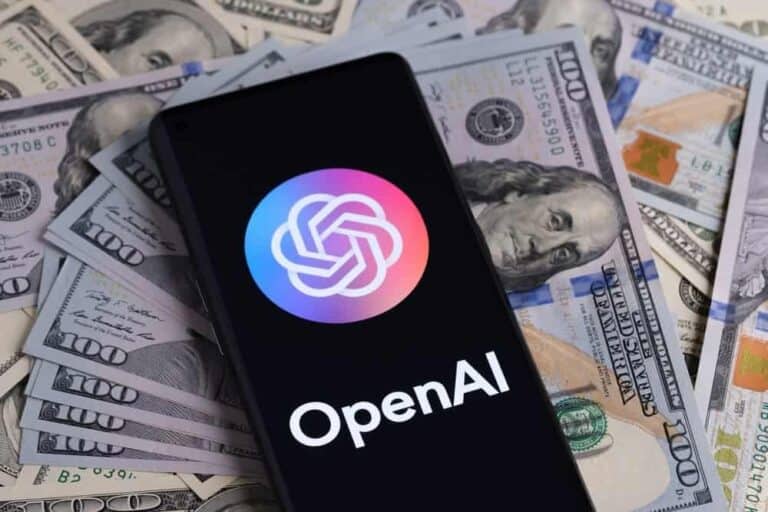ChatGPT creator OpenAI has reached an agreement to acquire startup Windsurf for approximately $3 billion, according to sources familiar with the matter. This would be the largest acquisition in the company’s history.
According to Bloomberg, talks are still ongoing and the deal has not yet been officially finalized. Neither OpenAI nor Windsurf are commenting at this time.
Windsurf, formerly known as Exafunction, develops AI-powered tools for software development. These include systems that can generate code based on natural language. These technologies are rapidly gaining popularity because they help developers work more productively by writing code, detecting errors, and optimizing performance. Windsurf is thus responding to a rapidly growing market.
The acquisition is part of a broader trend in which large technology companies are investing heavily in AI coding assistants. The market for generative AI tools was estimated at just $18.6 million in 2023, but is expected to grow at a compound annual growth rate of 25.8% through 2030. The broader market for AI coding tools is likely to grow from $4.3 billion in 2023 to $12.6 billion in 2028. Major players such as Microsoft (via GitHub Copilot), Amazon, IBM, and Google currently dominate the field. This is happening while startups such as Anysphere (developer of Cursor) are also attracting investment.
Rapid increase in value
Windsurf was recently in talks with investors such as Kleiner Perkins and General Catalyst about new financing based on a valuation of $3 billion. In an earlier round in 2023, the company was valued at $1.25 billion, underscoring its rapid rise in value.
For OpenAI, this acquisition is a new step in its transformation from a non-profit to a commercial tech giant. Founded in 2015 by Elon Musk and Sam Altman with a mission to develop socially responsible AI, OpenAI switched to a capped-profit model in 2019 to attract investors. Microsoft invested $1 billion at the time, which helped train large-scale AI models.
Criticism of OpenAI’s commercial model
OpenAI’s commercial ambitions have grown significantly since then. In a recent funding round, the company raised $40 billion led by SoftBank, bringing its total valuation to $300 billion. Although OpenAI had previously considered restructuring itself into a traditional for-profit company, that plan was recently withdrawn after public criticism.
The acquisition of Windsurf demonstrates how OpenAI is leveraging its capital to build a broader AI ecosystem that extends beyond language models. Despite expected revenues of $12.7 billion in 2025, the company faces operating costs that could reach $28 billion. This financial pressure partly explains its aggressive growth strategy, in which acquisitions play a central role in securing technological leadership.
